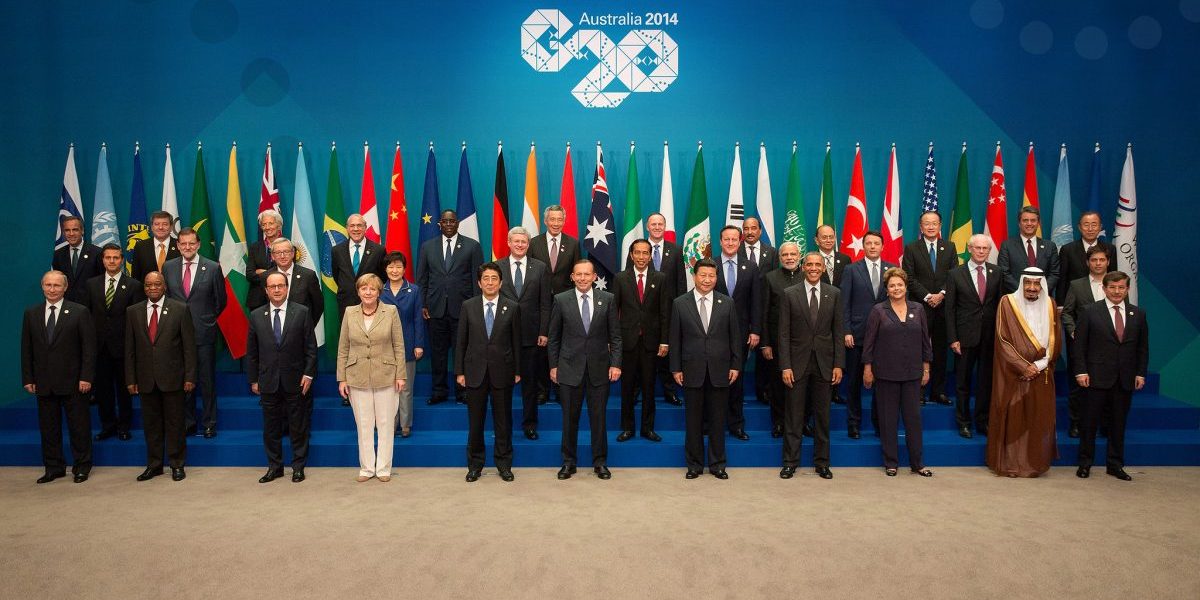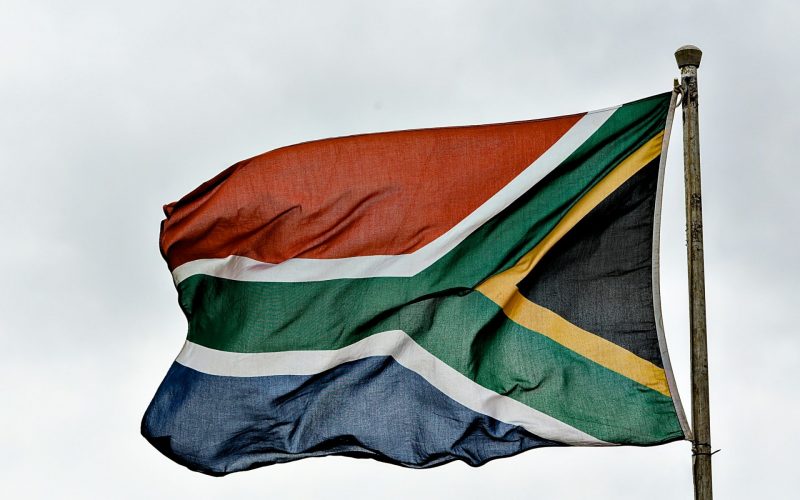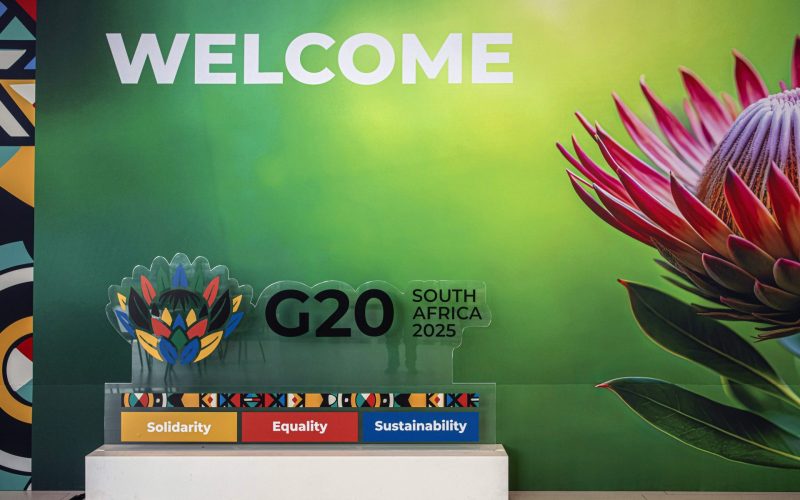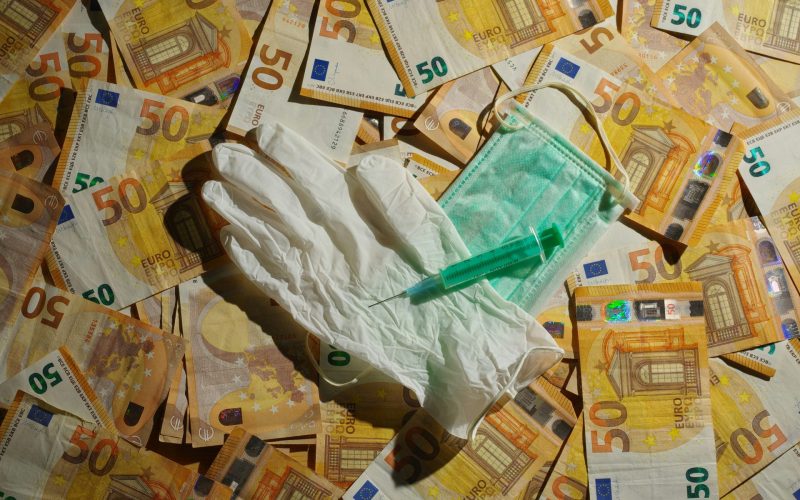It is not clear what can be done multilaterally to address these underlying causes, although the Washington G20 Leaders’ summit in November 2008 made a useful contribution. Therefore, crisis responses are domestically driven, and have spawned a profusion of special interest groups clamouring for sweetheart deals, including in South Africa.
Financial services are being recapitalised with public funds whilst exchange rate “manipulation” is moving back into the frame. Many (mostly developing) countries have substantial “water in the tariff” – their tariff ceilings significantly exceed those actually applied. Consequently the potential for raising import tariffs is substantial, perfectly WTO-legal, and being exercised in some countries. Attempts to shield “national champions” from recessionary impacts and “unfair competition” using safeguards, anti-dumping duties, and especially subsidies are spreading. The scope for tightening standards is substantial, whilst the potential for introducing new environmental standards will increase significantly if climate change negotiations acquire traction under President Obama.
It doesn’t have to be this way. Those who argue that “the state is back” overplay their hand. Talk of developed world financial sector “nationalisation” is just that: those institutions will be returned to private hands and within better regulatory frameworks once the crisis has passed. Those governments’ will probably return a tidy capital gain to taxpayers – and then we will await the next financial crisis which will come as sure as night follows day. Furthermore, the case for liberal trade has not evaporated. Companies still operate regional and global networks and will look to rebuild these once the crisis is over; then the pressure to remove un-necessary obstacles to trade will rightly resume.
Nonetheless, pressure to implement protectionist measures is rising inexorably, and will strain an already overloaded and constipated multilateral trading system. Whilst the case for concluding the Doha development round has never been stronger, the political will to do so has never been weaker. The consequences of the likely erosion of the multilateral trading system – should Doha not conclude – for global economic growth, peace, and security could be profound. What is needed is renewed commitment to conclude the round to repair the system. Is South Africa likely to step up to the plate?
I doubt it. Those who rejected the liberalization of the 1990s can now point to more (it was always there) instances of hypocrisy on the part of those developed countries advocating liberal international trade. These dynamics are present in the ANC’s election manifesto which advocates for a “developmental state” intervening actively in the economy through a “state-led industrial policy programme” with trade policy playing a “supportive” role. Protecting our own “national champions” is in the cards, implying that tariffs may be raised to protect them and, if Treasury’s wings are clipped, taxpayer funds channelled to them.
How bad could this get? That depends on two related issues: the global recession’s depth and duration, and country responses. Both are difficult to predict but my prognosis is gloomy. Consequently monetary stimulus is necessary and should be the tool of first resort. Fiscal stimulus is required when the monetary toolbox is empty, which is clearly not the case in South Africa. Here any extra fiscal stimulus must be affordable and should not invite trough-feeders – across the board tax cuts, not special deals for favoured sectors, is the optimal response. Unfortunately South Africa’s current policy trajectory, however politically justifiable, will reinforce the gathering global protectionist backlash.
Corporate SA needs to wake up to these dynamics and pressure our government not to follow the international herd down the protectionist road – rather than jostle for a place at the fiscal trough.







